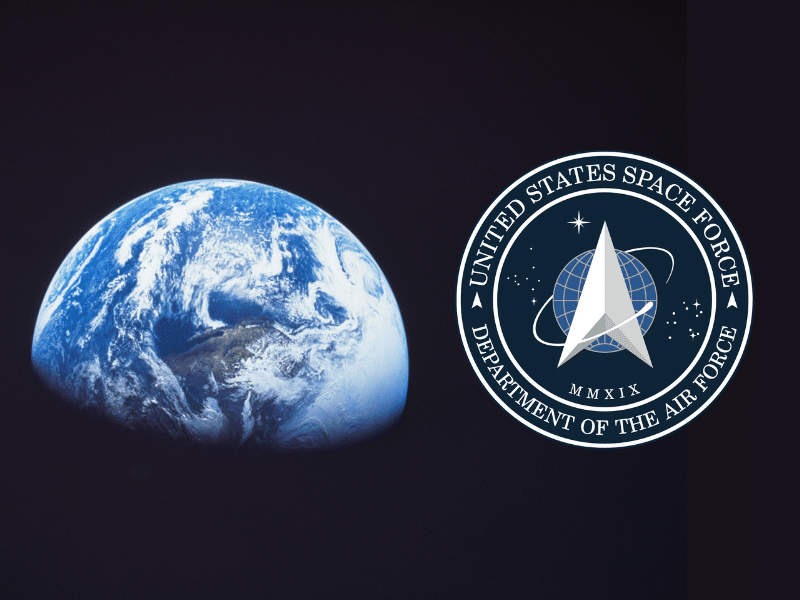By Rick Manning
Government contracting decisions can often unintentionally create unnecessary additional costs to taxpayers. Such is the case with the Request for Proposal (RFP) from the U.S. Space Force that will award launch providers billions of dollars in taxpayer money over the course of four years. Space Force routinely awards these contracts as part of the National Security Space Launch (NSSL) Program, the main vehicle for procuring launches so the U.S. government can reach space.
Over the years, the program has become more competitive, drawing the interest of many small, unproven launch companies. As a result, the first draft of the latest RFP for “Phase 3” took a measured approach in supporting emerging, unproven companies (RocketLab, Firefly, BlueOrigin) while ensuring we could still launch difficult missions via the only two proven heavy lift rockets (SpaceX, ULA). One lane was carved out for multiple providers to compete for smaller, less complex missions, and one lane was set aside for the only two providers capable of launching our nation’s most critical payloads. In addition, this first draft of the latest RFP carried over the significant cost cutting measures as lessons learned from the earlier Phase 2 procurement. Unfortunately, the second RFP for Phase 3 flipped the script entirely, creating misaligned incentives for providers that could cost taxpayers significantly in the long run.
Changes in the second draft of the Phase 3 RFP include revisions to this second lane. A third provider was added for Blue Origin, which, if everything works out, could strengthen our industrial base and the number of companies capable of launching our countries most challenging missions (but that was also the vision for the first lane). Unfortunately, the Space Force also reduced funding for what’s called launch services support (LSS), which is awarded to seasoned providers in lane two to maintain specific infrastructure and execute other coordination needed for successful national security missions. And at the same time this funding was cut, Space Force requirements for launch providers under LSS went up significantly.
The funding for LSS currently sits at $150 million a year for two launch providers. The second RFP for Phase 3 cuts this sum down to $100 million for three providers, while asking more of launch companies, and without pro-rating for the number of launches awarded. This means that companies will be submitting bids knowing there are more requirements, with less funding, for an unknown number of launches (the number of launches awarded could be 31, 20 or 7). The result will be perverse incentives for launch providers who will bake the extra costs they’ll incur into bigger bids for the highest number of launches they could win.
The Space Force should be working to make launches more competitive and drive down costs, not incentivizing the opposite as providers bid high to account for the maximum number of launches possible to avoid coming up short.
The second draft RFP for NSSL Phase 3 is the latest example of government contracting gone bad. It’s clear that there was little consideration for the final cost or how it could impact taxpayers. Now more than ever we should be working to cut the federal deficit, not add to it with line-item errors. Space Force should align funding for LSS with the number of launches awarded, or simply return to their first draft RFP for Phase 3, and avoid squandering Americans’ money on billionaire pet projects.
Rick Manning is the President of Americans for Limited Government







